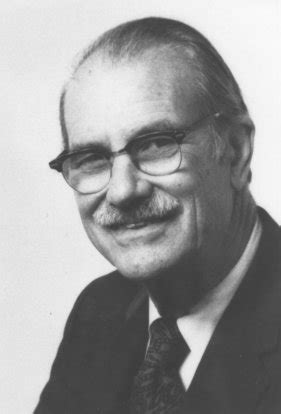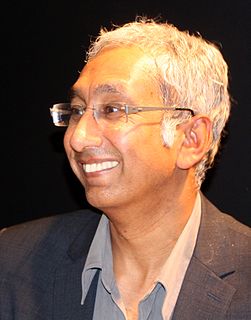A Quote by Robert J. Havighurst
The modern world needs people with a complex identity who are intellectually autonomous and prepared to cope with uncertainty; who are able to tolerate ambiguity and not be driven by fear into a rigid, single-solution approach to problems, who are rational, foresightful and who look for facts; who can draw inferences and can control their behavior in the light of foreseen consequences, who are altruistic and enjoy doing for others, and who understand social forces and trends.
Quote Topics
Able
Altruistic
Ambiguity
Approach
Autonomous
Behavior
Complex
Consequences
Control
Cope
Doing
Doing For Others
Draw
Driven
Enjoy
Facts
Fear
Forces
Foreseen
Identity
Intellectually
Light
Look
Modern
Modern World
Needs
Others
People
Prepared
Problems
Rational
Rigid
Single
Social
Solution
Tolerate
Trends
Uncertainty
Understand
World
Related Quotes
Intelligence is an extremely subtle concept. It's a kind of understanding that flourishes if it's combined with a good memory, but exists anyway even in the absence of good memory. It's the ability to draw consequences from causes, to make correct inferences, to foresee what might be the result, to work out logical problems, to be reasonable, rational, to have the ability to understand the solution from perhaps insufficient information. You know when a person is intelligent, but you can be easily fooled if you are not yourself intelligent.
Reality is much more complex than any judgment of right and wrong encourages you to believe. When you really understand the ethical, spiritual, social, economic, and psychological forces that shape individuals, you will see that people's choices are not based on a desire to hurt. Instead, they are in accord with what they know and what world views are available to them. Most are doing the best they can, given what information they've received and what problems they are facing.
We are manipulated by fear and the fear of others, and how we're often manipulated into doing things and voting in ways that are against our own best interest. Look at healthcare. People will tell you that healthcare is socialism and communism, and they're doing this while their wife needs an operation and their kid needs braces.
Moral questions may not have objective answers-whether revealed by God or by science-but they do have rational ones, answers rooted in a rationality that emerges out of social need. That rationality can only be discovered through exercising the human potential for rational dialogue, the potential for thinking about the world, and for discussing, debating and persuading others. Values can never be entirely wrenched apart from facts; but neither can they be collapsed into facts. It is the existence of humans as moral agents that allows us to act as the bridge between facts and values.
I think seriousness is a mask of self-importance and self-importance in turn is a mask for self-pity. So if you're really going to pursue a spiritual way of living in the world, you must be lighthearted and carefree, have humor, be able to tolerate ambiguity and embrace uncertainty, and be forgiving of yourself and everybody else.
When men and women fail to form stable marriages, the result is a vast
expansion of government attempts to cope with the terrible social needs that result.
There is scarcely a dollar that the state and federal government spends on social
programs that is not driven, in large part, by family fragmentation: crime, poverty,
drug abuse, teen pregnancy, school failure, mental and physical health problems.
I think the Bhagavad Gita is about both the forces of light and the forces of darkness that exist within our own self, within our own soul; that our deepest nature is one of ambiguity. We have evolutionary forces there - forces of creativity, and love, and compassion, and understanding. But we also have darkness inside us - the diabolical forces of separation, fear and delusion. And in most of our lives, there is a battle going on within ourselves.
The new "ambiguity" means, in a way adjudged favorable to literary, poetic, intellectually and psychologically well-devised and praiseworthily executed linguistic performance, uncertainty of meaning, or difficulty for the interpreter in identifying just what the meaning in question is: it means the old meanings of ambiguity with a difference. It means uncertainty of meaning (of a word or combination of words) purposefully incorporated in a literary composition for the attainment of the utmost possible variety of meaning-play compressible within the verbal limits of the composition.































